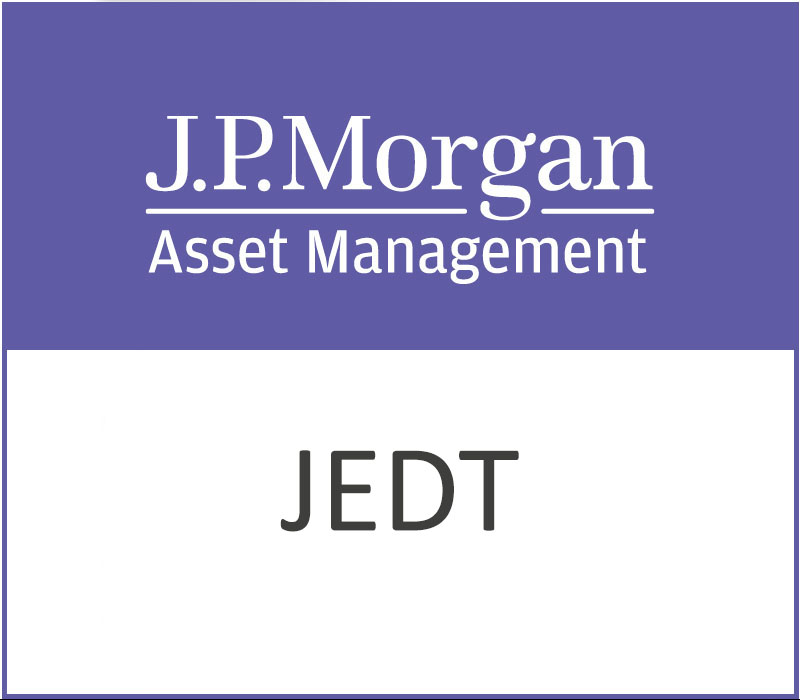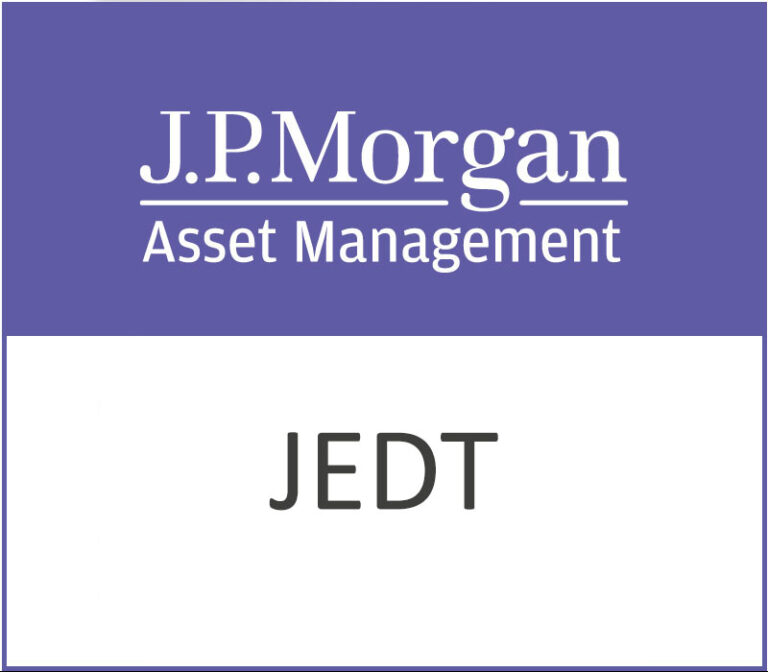Just when trade tensions threatened to steal the spotlight, markets have found a fresh focal point that promises to reshape investor expectations.
European equity benchmarks drifted slightly higher on Tuesday, shrugging off fresh threats of hefty import duties and instead homing in on the impending flood of corporate profits reports. In London, the FTSE 100 ticked up by 0.1 per cent, while Paris’s CAC 40 and Germany’s DAX gained 0.2 per cent and 0.3 per cent respectively as traders recalibrated their strategies ahead of pivotal earnings announcements.
The backdrop remains fraught with uncertainty: Washington has once again warned of 30 per cent levies on a broad swathe of imports from the European Union, Mexico and other key partners from the start of August, prompting tentative rhetoric on both sides about potential countermeasures and the damage a full-blown trade conflict could inflict on global growth. Yet these tariff threats have begun to lose their shock value, a trend underscored by a mere 0.06 per cent dip in the pan-European STOXX 600 earlier in the session before it steadied.
Instead, attention has sharpened on what corporate earnings might reveal about the resilience of profit margins in the face of higher input costs. Estimates for the STOXX 600 overall point to a slight 0.2 per cent contraction in second-quarter earnings, contrasting with a 2.2 per cent expansion reported in the first quarter. Among the early data points, Swedish telecom equipment manufacturer Ericsson delivered a stronger-than-anticipated swing to adjusted profitability, buoyed by robust North American sales and disciplined cost control. Meanwhile, Britain’s Barratt Redrow navigated a challenging housing market to record a steady full-year performance, and Experian chalked up an 8 per cent rise in organic revenue, buoyed by solid demand for its data and analytics offerings.
Beyond Europe’s borders, Wall Street’s banking heavyweights are poised to set the tone. JPMorgan Chase, Wells Fargo and Citigroup all unveil their second-quarter results later in the session, with S&P 500 earnings expected to climb by roughly 5.8% year-on-year, a marked downgrade from earlier forecasts as investors weigh the combined impact of slowing global growth, higher borrowing costs and trade friction.
Macro data will also play a starring role this week. Germany’s closely watched ZEW economic sentiment index and eurozone industrial production figures for May will offer fresh clues on regional momentum. However, the US consumer price index for June stands out as the pivotal release. Forecasters anticipate a 0.3 per cent rise in monthly prices, a step up from the 0.1 per cent increase seen in May, and an annual gain of 2.6%. Any unexpected upside in inflation could complicate the Federal Reserve’s path towards rate reductions, while muted readings might support a more dovish stance.
Asian markets could take heart from China’s own latest data, which confirmed second-quarter GDP growth of 5.2% year-on-year, just above consensus but down from the prior quarter’s 5.4 per cent, underscoring the delicate balance between stimulus measures and structural headwinds in the world’s second-largest economy.
Fixed income markets have been equally eventful. Ten-year Treasury yields have edged upwards, brushing multi-week peaks as investors debate the timing of a policy pivot by the Federal Reserve. At the same time, the two-year yield, a key barometer of rate-cut expectations, has drifted slightly lower, reflecting a belief that the Fed may ultimately pause until the full impact of tariff-induced price pressures becomes clearer.
In currency markets, the euro dipped to around $1.1667, near its weakest in three weeks, while sterling traded down at about $1.3425 following warnings from the Bank of England’s governor about downside risks to growth. The Mexican peso underperformed, slipping beyond a 0.4 per cent decline against the dollar amid concerns over potential US-imposed duties.
Commodities painted a mixed picture. Oil prices took a breather with West Texas Intermediate settling near $66.98 a barrel and Brent at about $69.21, weighed by uncertainty over trade policy and looming sanctions on Russian crude. Gold eased from a three-week high, while Bitcoin reclaimed ground above the $120,000 mark on hopes of clearer US regulatory guidance for digital assets.
Looking ahead, investors will remain vigilant to whether corporate disclosures validate the cautious optimism now underpinning markets. If profit narratives hold firm against the backdrop of geopolitical friction and sticky inflation, equity valuations may find firmer footing as the third quarter unfolds.
JPMorgan European Discovery Trust plc is an investment trust company. The Investment Trust JEDT objective is to achieve capital growth from a portfolio of quoted smaller companies in Europe, excluding the United Kingdom.






































